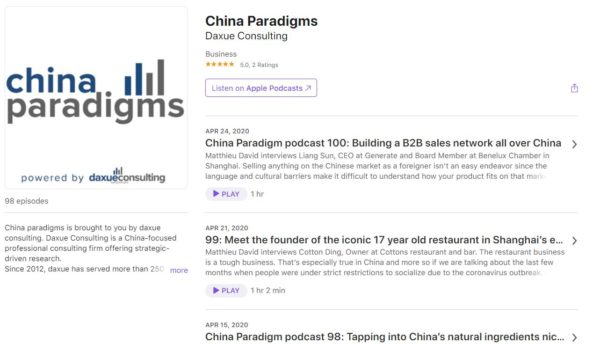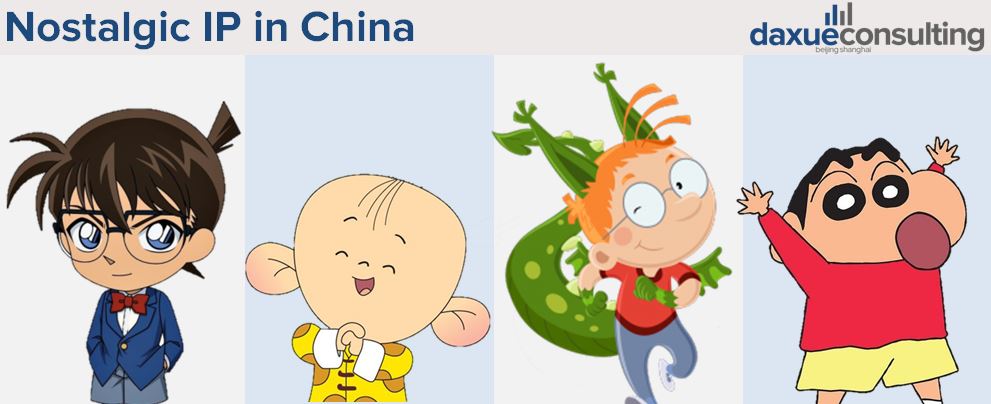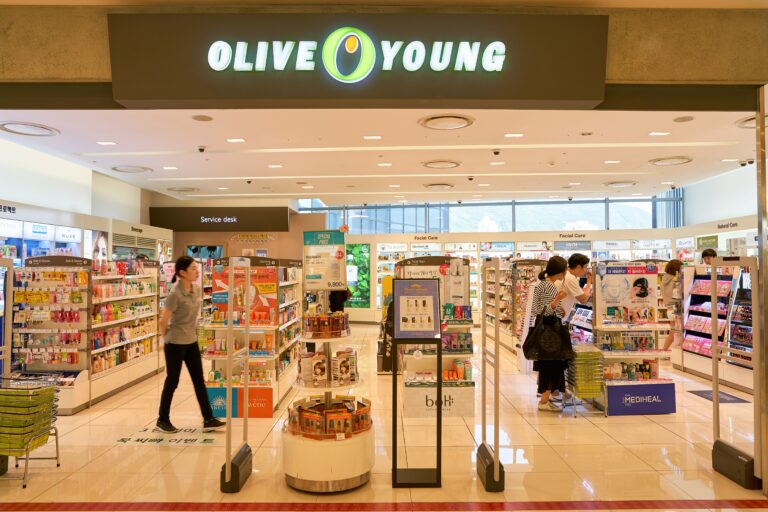Nostalgia marketing has proven to be one of the most effective marketing strategies in China. After observing successful strategies over the years, we have found that one of the most efficient ways to do nostalgia marketing is through Co-branding with nostalgic IP in China.
To learn more about what young Chinese’ nostalgia triggers are, daxue consulting conducted a series of in-depth interviews with Chinese millennials and gen z. During these interviews, we asked the participants questions like:
- What was your favorite cartoon as a child?
- Who was your favorite musician?
- What brands remind you of childhood?
- What were your favorite games or video games?
- Who was your hero and why?
Let’s get into the results and some case studies
Nostalgic IP in China
Young Chinese adults’ favorite cartoons
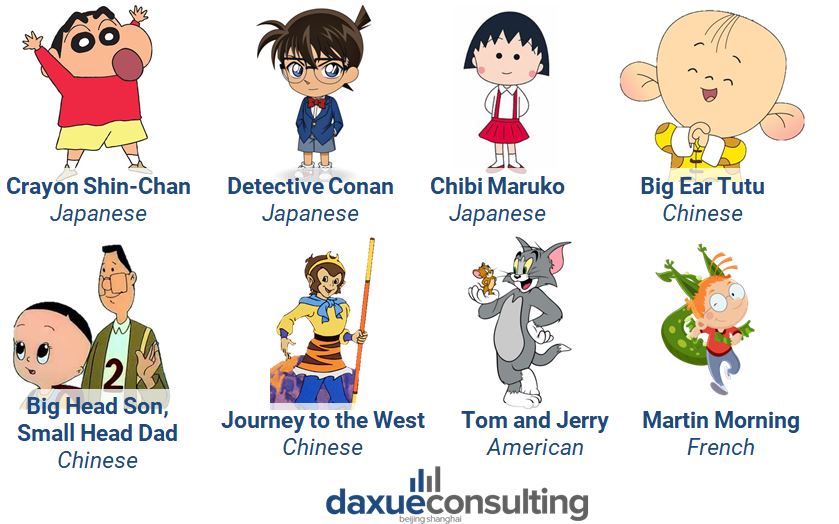
Source: daxue consulting research on Nostalgia in China, nostalgic cartoons in China, nostalgic IP in China
What surprised us was the diversity of nations represented in the answers. For one, we expected to see an American cartoon or two, but Tom and Jerry is more dated than the cartoons that American millennials watched. Several participants mentioned Martin Morning, a French cartoon, which we had not expected would be very famous in China during the early 2000’s.
Unsurprisingly, the number of mentions for Japanese anime was high. Crayon Shin-Chan has become an icon in China; some participants mention watching Detective Conan and feelings scared. Other popular anime series was Chibi Maruko and Prince of Tennis.
These foreign cartoons along with the Chinese cartoons Big Head Son, Small Head Dad, Journey to the West and Big Ear Tutu would be good nostalgia co-branding candidates.
The most memorable movies for Chinese millennials and gen Z
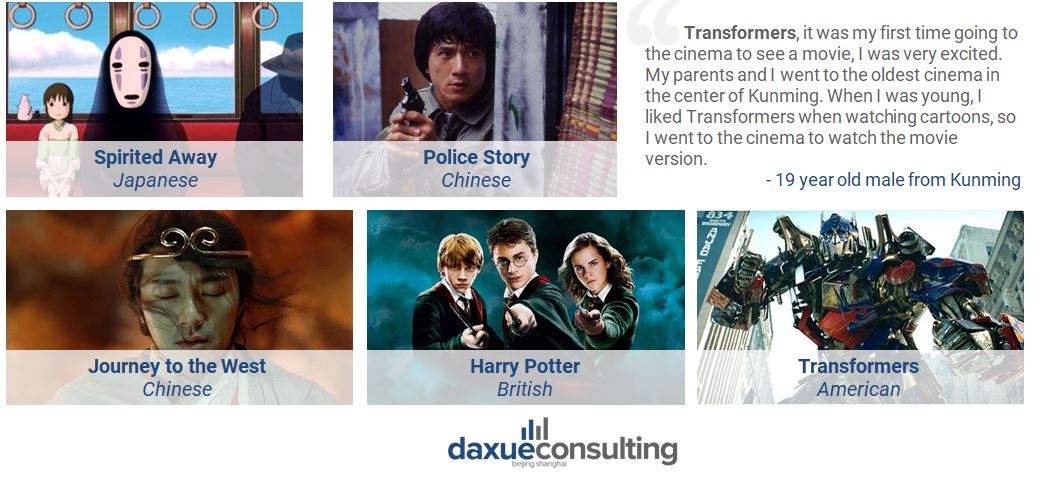
Source: daxue consulting research on Nostalgia in China, nostalgic movies in China, nostalgic IP in China
While conducting the in-depth interviews, one thing that often came up for movies was the movie that the participants watched the first time they went to the theater. Many of the male participants recalled the movie transformers, while many of our female participants recalled Spirited Away and Harry Potter.

Source: BY-HEALTH Tmall, daxue consulting China VDS market report, vitamin brand co-branding with Transformers on Tmall
For example, Transformers has co-branded with vitamin brand BY HEALTH to tap into the male consumer base.
Harry Potter recently co-branded with POP-MART to create Harry Potter character toys. Young Chinese love for the Harry Potter film franchise is so strong that Universal Studios is planning on opening a Beijing Harry Potter World in 2021.
Nostalgic musicians
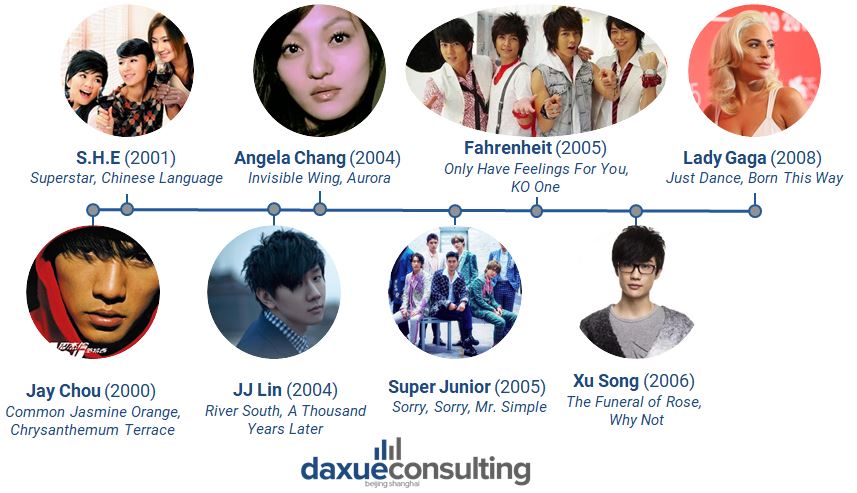
Source: daxue consulting research on Nostalgia in China, nostalgic musicians in China, nostalgic IP in China
In our in-depth interviews, we found that the first foreign singers were mentioned later, around 2008. In addition to Lady Gaga, Adele and Linkin Park were other foreign artists mentioned.
Jay Chou was the earliest on the list, and is also a big player in today’s market, a singer who perhaps leverages his own fan-base nostalgia to keep the rhythm going.
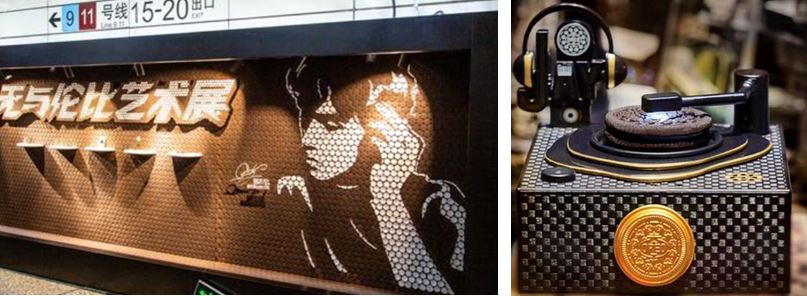
Sources: Businessnews, Tmall, Left: Jay Chou mural made from Oreos in the Shanghai metro, Right: limited edition Oreo x Jay Chou music box which sold out in one second
Oreo joined hands with Jay Chou with a limited edition Oreo music box and campaign for Tmall’s Superbrand day. Both being symbols of the 2000’s for Chinese, the co-branding campaign hit a sweet spot of nostalgia. The cookie brand gained over 400,000 followers across all campaigns, and the limited edition music box sold out in one second.
Flavors of childhood
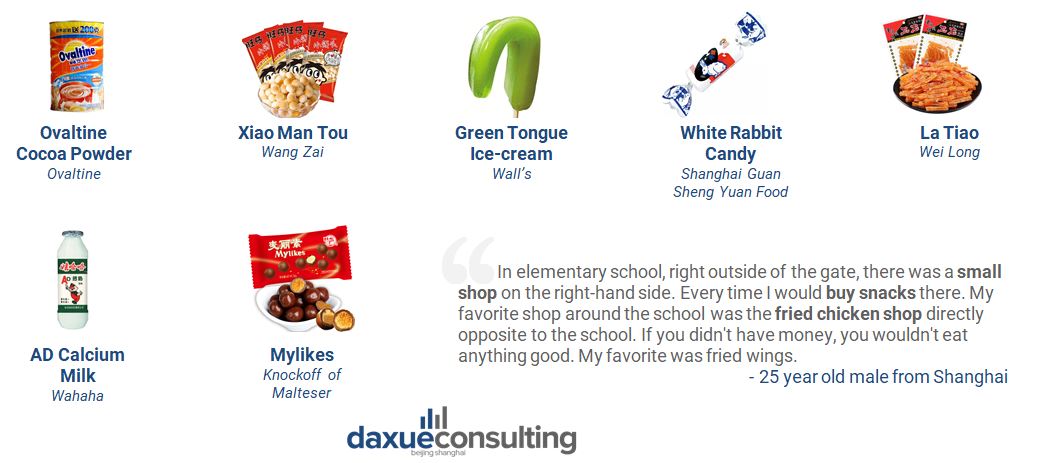
Source: daxue consulting research on Nostalgia in China, nostalgic snacks in China
Perhaps the most active co-brander in China is the candy brand White Rabbit. Now that the consumer base has grown up, White Rabbit has branched out across many industries, such as fragrance, cosmetics, fashion, snacks and more, partnering with both domestic and foreign brands.
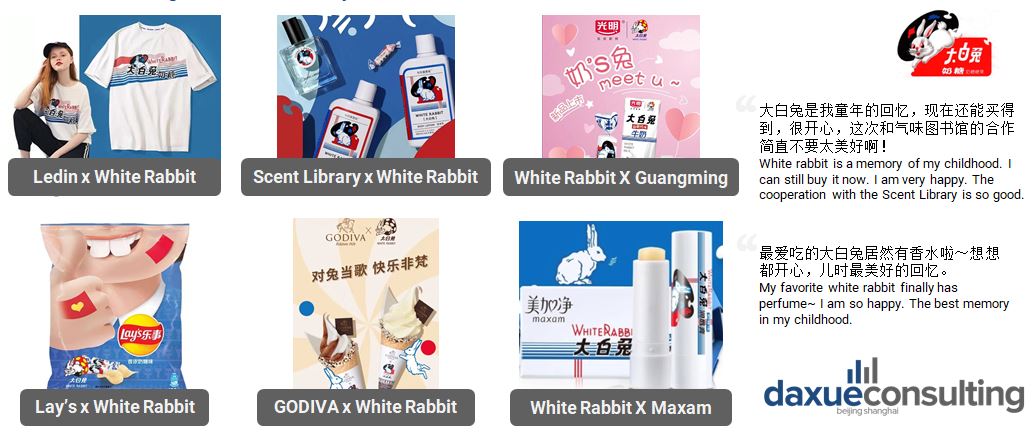
Source: daxue consulting research on Nostalgia in China, White Rabbit nostalgic IP in China
Partnerships like this are mutually beneficial because White Rabbit can extend its consumer base to young adults who have grown out of candy but love the brand, while brands who did not have a presence in China during the 90’s or 2000’s
Nostalgic computer and video games in China
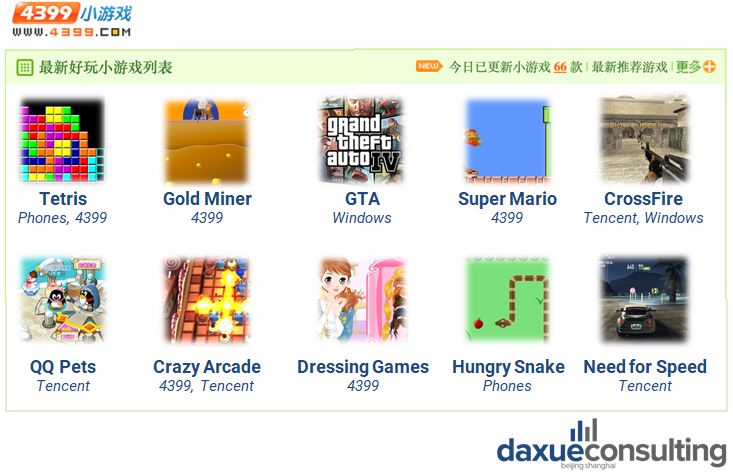
Source: daxue consulting research on Nostalgia in China, nostalgic games in China
L’Oreal Paris Men Expert targeted Chinese male beauty consumers by sponsoring an offline mobile gaming tournament for CrossFire and WeFire, two of the most popular games among 18 to 34 year olds.
Back in 2017, the Korean skincare brand Innisfree co-branded with QQ to incorporate Tencent’s AR technology to entice skincare shoppers. This included co-branded products like Shampoos and Lotions, and the use of QQ characters to direct traffic to the newest product son Innisfree’s shopping portal. In addition to increasing their digital potential, Innisfree’s plan was to reach the target consumer group of 18 to 25 year old Chinese who grew up using QQ.
What does this mean for brands?
The IP found in our research carries nostalgic value for Chinese millennials and Gen Z. However each consumer group has unique backgrounds and equally unique nostalgia triggers. It is worth conducting consumer research to identify what IP is memorable for your consumer base based on age, gender, tier-city level and region.
The necessary steps to ensure a co-branding partner has nostalgic value for your consumer base are:
- Find an IP that hit a peak in popularity when your consumer base was around 12 to 22 years old for music, or 6 to 15 years old for cartoons.
- Perform research like in-depth interviews with the consumer base to see if the IP comes up when talking about memories.
- Perform social listening to see what demographics of consumers talk about the IP and what they say.
- Test the product prototypes through sensory testing and focus groups to see how Chinese consumers perceive the product.
Like any co-branding strategy, these are the four considerations when finding a partner for nostalgia co-branding in China.
- Which elements do I share with the partner brand?
- What does the other brand have that my brand lacks?
- What elements does my brand have that the other brand lacks?
- How can we make our message uplifting, empowering or agreeable to consumers?
This article is based off of our in-depth interview research on Nostalgia in China, you can download the report here.
Additionally, find more China nostalgia marketing case studies here
Our full report on nostalgia marketing in China
Learn something new? Stay updated on the Chinese market by following our WeChat, scan the QR code below, or subscribe to our newsletter

Listen to over 100 China entrepreneur stories on China Paradigms, the China business podcast
Listen to China Paradigm on Apple Podcast
